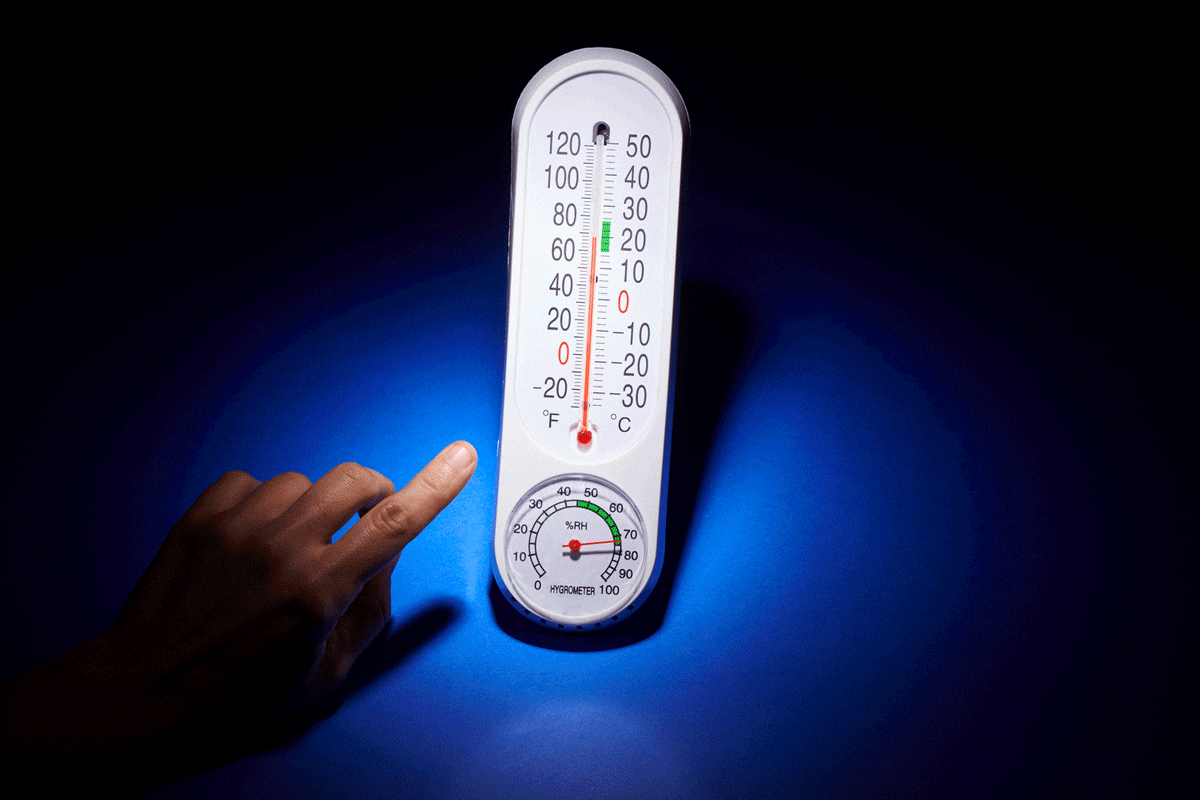There are several reasons why women are more likely to become sensitive to cold. Typically, they are small and have a relatively high skin surface area to volume ratio, causing them to lose heat faster. boris kingma, a thermal physiologist at TNO, a Dutch institute for applied scientific research. Also, there is less muscle tissue that generates heat, decreased metabolic ratehe said, is a heat-induced process in which their bodies burn calories for energy.
“Small people's bodies typically have to react faster to protect themselves from the cold, which can result in a feeling of coldness and discomfort,” he said.
Research shows that women especially tend to have lower skin temperatures on their hands, which can make them feel colder than men.Research published in The Lancet found Among the 219 participants, female participants' hands were about 3 degrees Fahrenheit cooler than male participants, but women's average core body temperature was higher.This seems to be partly due to affected by menstrual cycle. When core body temperature is only a few tenths of a degree higher and skin temperature is a few degrees lower, the sensation of cooling is more influenced by skin temperature, Kingma said.
Core body temperature may change during perimenopause and postmenopause. It says a decrease in estrogen can cause hot flashes, night sweats, and temperature sensitivity. Jewel KlingDirector of Internal Medicine at Women's Health, Mayo Clinic, Arizona.
Women are also at higher risk of developing certain chronic and autoimmune diseases, including those that cause hypothyroidism, which can cause symptoms such as sensitivity to cold.
What else you should know:
Researchers from the Department of Zoology at Tel Aviv University studied birds and bats, observed The proportion of males is higher in areas with higher altitudes and lower environmental temperatures, while the proportion of females is higher in warmer environments. Elan Levinprofessor of zoology and lead author of the study.
They hypothesized that sex-related temperature preferences may have evolved because geographic separation reduces competition for resources and helps females protect their young.
“This discovery has significant implications,” Levin wrote in an email. “It reminds us that we humans are not exceptional beings, but rather mammals, and that our experience of the environment matches that of other mammals.”
In general, women tend to be more sensitive to cold than men. However, hormonal changes, certain medical conditions, and other factors can affect temperature sensitivity.

